Free Alternative to Windows: Pros and Cons of Linux OS

Variety of versions
There are a wide variety of Linux PC distributions out there, most free, but some paid (like RHEL and SUSE) that include 24/7 technical support from the developer company. The most popular, according to distrowatch.com, are Mint, Manjaro, Debian, Ubuntu, and Solus. True, these statistics take into account, rather, the interest of Internet users in a particular distribution, rather than the number of computers running under their control.
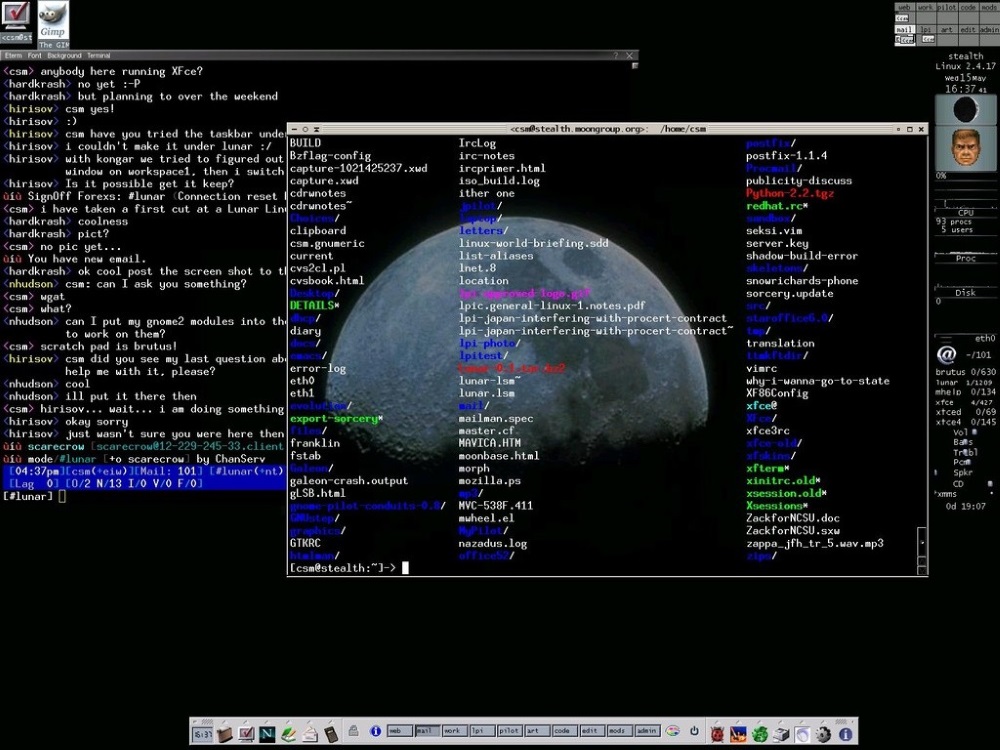 |
| Linux used to be too complicated for beginners |
For the average PC user who has used Windows exclusively for a lifetime, there is not much difference between the above distributions. All of them are as "friendly" to beginners: outwardly they resemble the same Windows, they have a large set of pre-installed applications and drivers for various equipment ( graphics accelerators, sound and network adapters). Experienced users are better suited for Arch, Gentoo or Slackware with, on the contrary, a minimum number of pre-installed elements, which allows you to “brick-by-brick” customize the system for yourself.
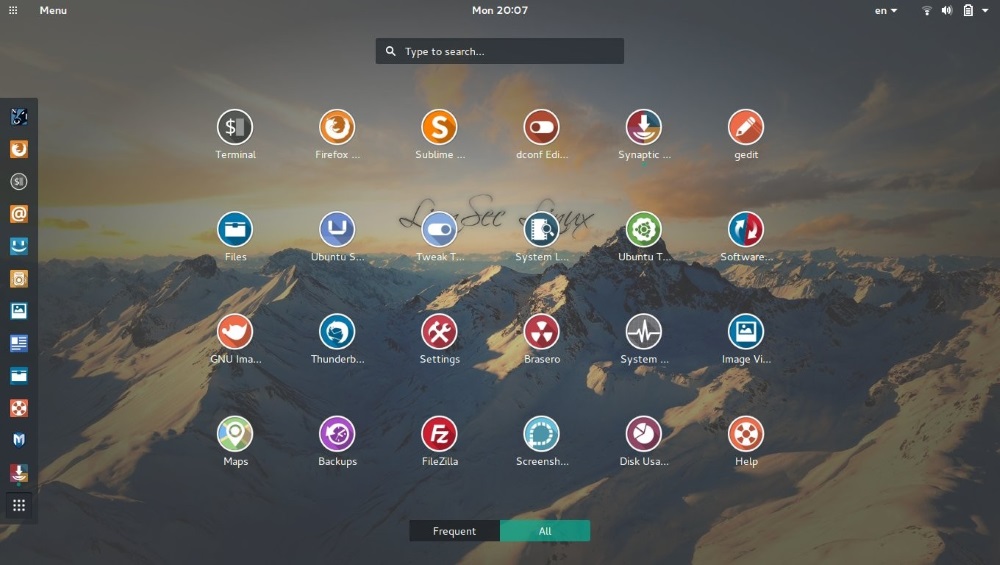 |
| But in recent years, Linux has become much clearer and friendlier. |
System requirements
Unlike Windows, which is only compatible with x86_64, ARM, and Itanium (Windows Server) processors, Linux supports many more architectures: MIPS (network equipment), Power (IBM servers), Sparc (Oracle servers), etc.
The requirements for CPU power and RAM for widely distributed versions of Linux (Ubuntu, Endless OS, Mint, Fedora) are similar to Windows 7 - 10: any dual core and 4 GB of RAM. For computers with 2 GB of RAM, it is more reasonable to use Lubuntu, a kind of Ubuntu with a lightweight LXDE graphical shell.
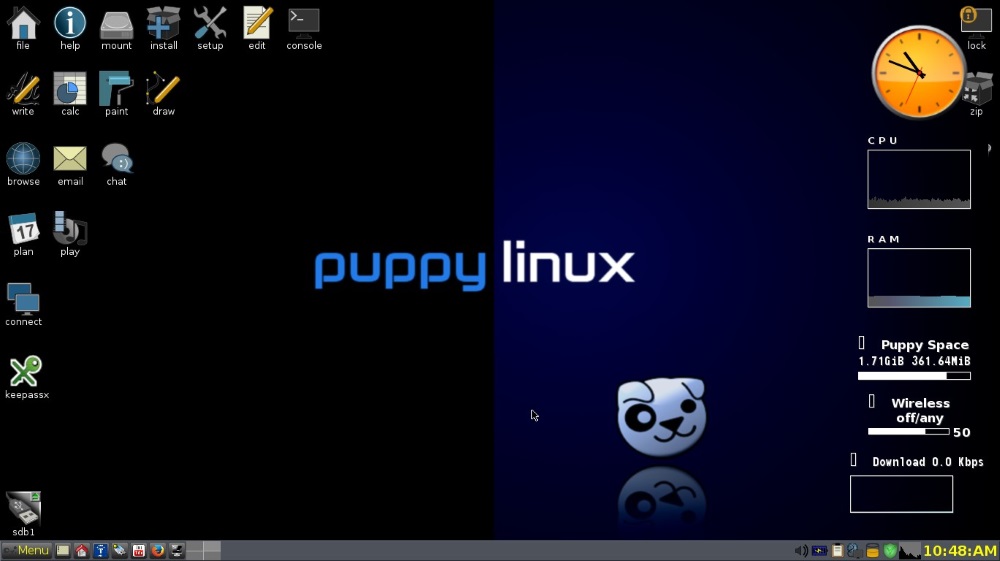 |
And for very old PCs with 1 GB of RAM or less, Puppy Linux or its Russian-language version PuppyRus is optimal. And this is definitely a smarter choice than using the outdated "leaky" Windows XP, for which security updates have not been released for a long time.
Key Benefits
Free. The main advantage of Linux compared to Windows, which more than covers minor disadvantages, is free. Pre-installed Windows increases the cost of a laptop by an average of $50 (which equates to about 10 percent of the cost of a laptop), and a separate boxed version of the OS costs as much as $100. The greatest savings on software are felt in the case of a wholesale purchase of a large batch of computers for the office.
Safety. Of course, it is impossible to call Linux absolutely protected from all informational threats. The recently identified Meltdown and Specter vulnerabilities are hardware, not software, and therefore affect all operating systems without exception. Another thing is that Linux, with a PC market share estimated at 1 to 3 percent, is an uninteresting target for hackers. Viruses are much more likely to attack Windows and macOS. For this reason, in a Linux environment, you do not have to constantly use an antivirus programme that slows down your PC.
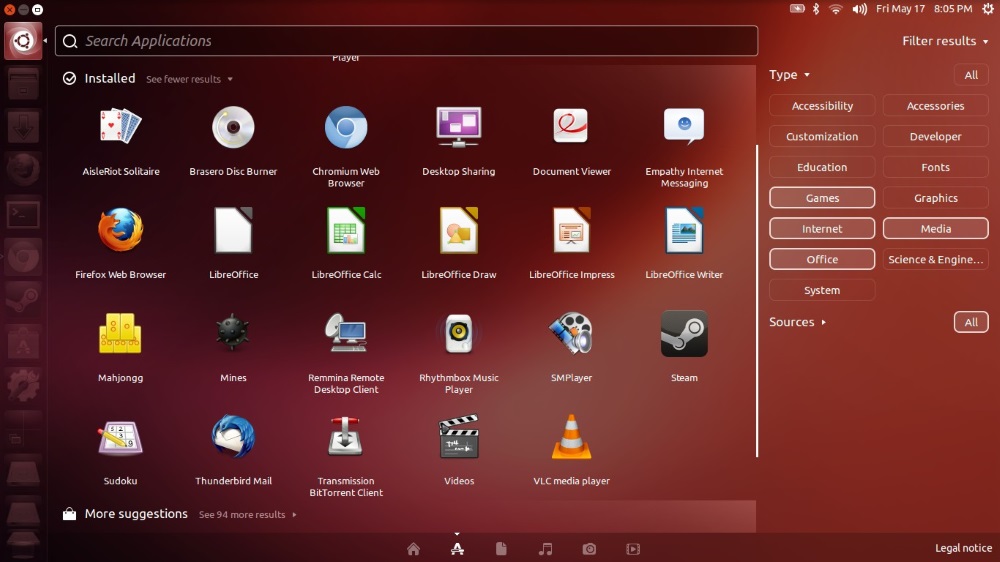 |
| One of the most popular versions of Linux is Ubuntu (pre-installed on Dell laptops) |
Staffing. Unlike Windows, where apart from a web browser, a media player, and a simple graphical editor, there are no other programs by default, Linux has a "gentleman's set" of applications for every day. In addition to the above programs, there is a two-pane file manager, an email client (Thunderbird or Sylpheed), a multi-protocol chat (most often Pidgin), a Transmission torrent client, and much more. The main “gift” is a full-fledged LibreOffice office suite with Writer text editor, Calc spreadsheet processor and Impress presentation tool.
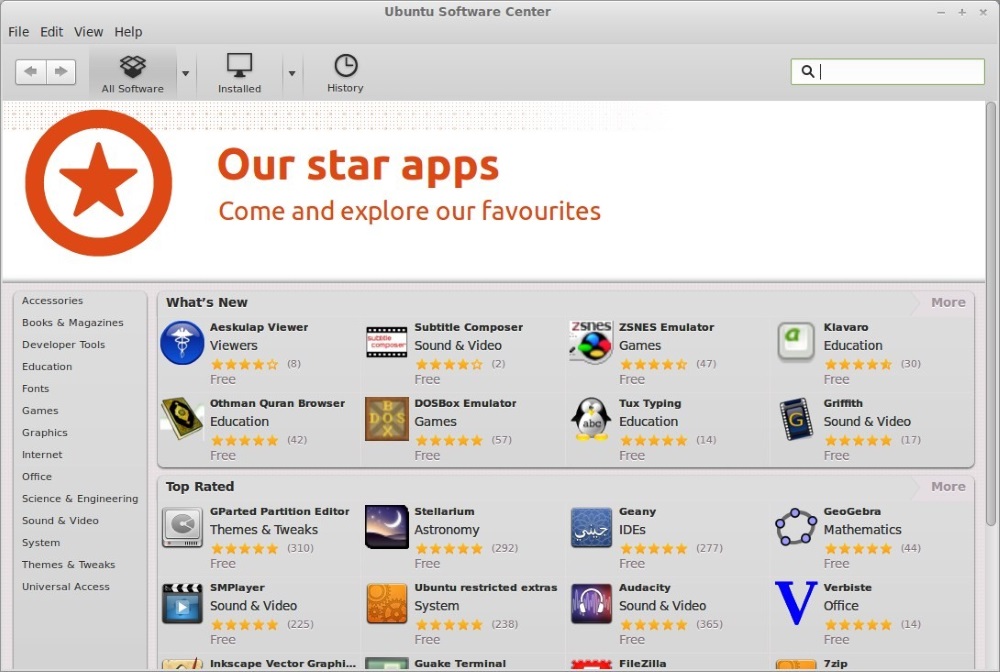 |
Application directories. Linux, unlike Windows, does not support typical EXE programme installers. But it may be for the best - an inexperienced user, such as a child, will not be able to install programs downloaded from dubious sources and potentially infected with viruses. Applications for Linux, by analogy with Android and iOS, are collected in online stores or directories called repositories, which are built into the operating system by default.
Minor flaws
Lack of drivers. Rare highly specialized equipment, such as robotic industrial machines or service docks, may not work in a Linux environment due to the lack of appropriate drivers. If you often have to use such devices, then Linux, unfortunately, is not for you.
Professional Applications. There are serious photo, audio and video editors for Linux (GIMP, Audacity and Lightworks), but if you earn your living with Windows counterparts (Adobe Photoshop, Audition and Premier), then it will take a lot of time to relearn. Of course, any Windows programs can be run through the Wine emulator, but the speed and stability of its work leaves much to be desired.
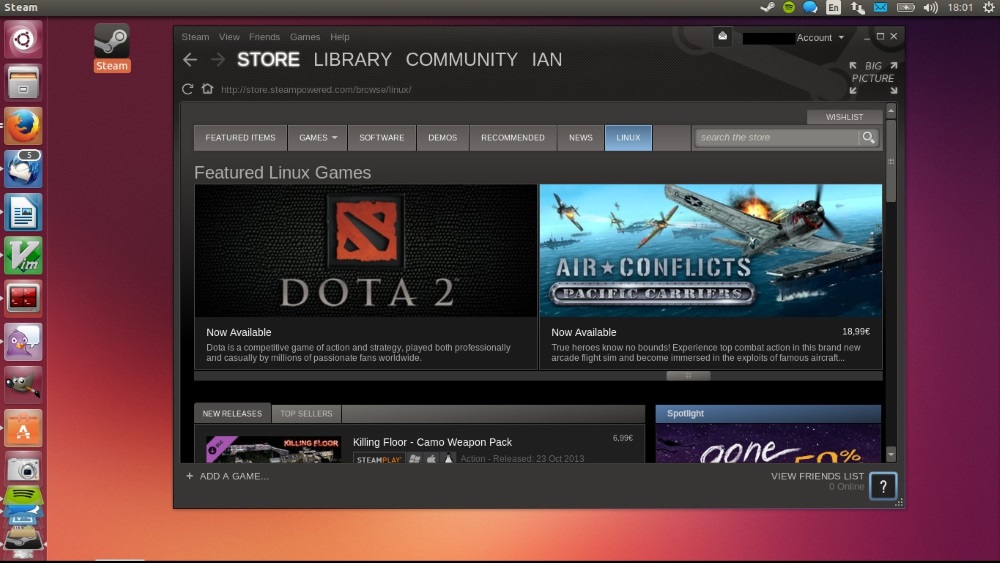 |
Games. After the release of the Linux version of the Steam games catalog, the situation with games has improved slightly. The super-popular Dota 2, CSGO, Civilization V and even The Witcher 3 have been adapted for this OS, not counting thousands of indie projects. But still, the number of big-low-cost games for Windows is many times greater. So, in 2017, only two AAA games were ported to Linux (Deus Ex: Mankind Divided and Warhammer 40,000: Dawn of War 3) and the situation is unlikely to improve in 2018. The Wine emulator remains the solution, but it requires a much more powerful PC to run the game than to run it directly on Windows.
conclusions
Summing up all of the above, we can say with confidence that Linux is perfect for undemanding PC users, whose work takes place mainly in a text editor, and their leisure time is in a web browser (reading articles, watching online movies). For them, Linux is a full-fledged free replacement for Windows, and more secure. For professional PC users who earn money on highly specialized software, as well as gamers, the transition to Linux can be quite “painful”. Undoubtedly, it is possible to relearn and get used to it, but at least at first you will have to put up with unusual and uncomfortable moments.
For what tasks are supercomputers with a capacity of tens of petaflops used?
Twelve-year history of Intel in one article.
How AMD processors have evolved from 2006 to the present.
Irreplaceable helpers in keeping hot drinks warm and cold drinks cold for a long time.
Sports nutrition to work on reducing the amount of subcutaneous fat and lean body.



































